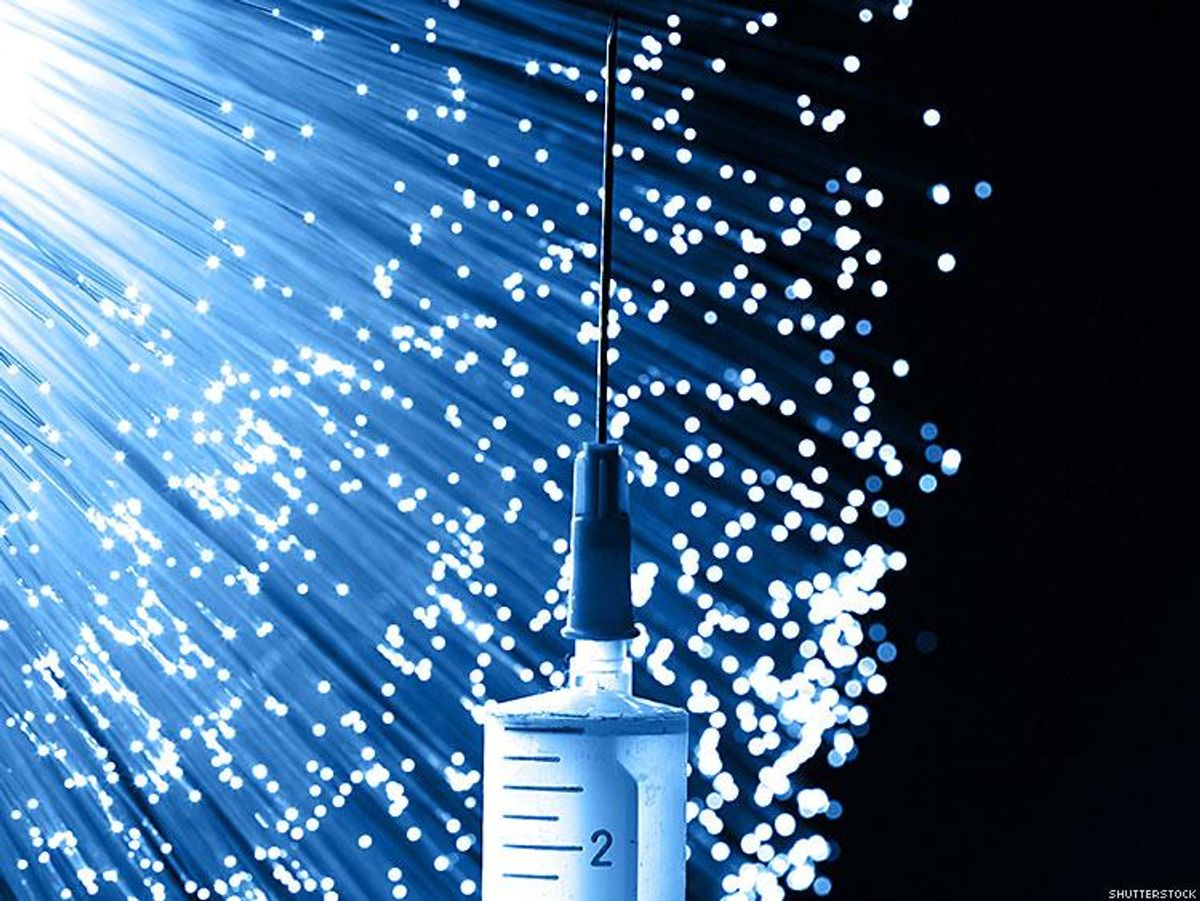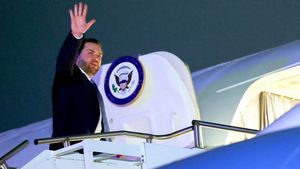After years of political fear tactics and moral legislation, Congress is finally taking the steps to partially lift the ban on federal funding to support needle-exchange programs.
Despite the overwhelming evidence that needle-exchange programs work to prevent HIV, federal funding for these programs has been banned since 1998. The decision comes months after an HIV outbreak in rural Indiana where over 150 people tested positive for HIV during a public health investigation. Even though this decision represents a pivotal moment in federally funded HIV prevention, the funding would still come with one caveat.
The updated omnibus budget bill currently being reviewed in the House would give public health departments and nonprofit organizations the right to spend federal dollars on needle-exchange programs in areas that the Centers for Disease Control and Prevention flags as high risk for injection drug use. However, the money cannot be used to pay for the syringes themselves.
The decision represents a major victory for HIV prevention advocates nationwide after years of trying to fund practical needle-exchange policies that are proven to work.
"Our response needs to be informed by science, compassion, and the three decades of experience that demonstrate that syringe exchange programs do not lead to an increase in crime or drug use," said Mary Beth Levin, an associate professor at the Georgetown University School of Medicine who has advocated against the ban on Capitol Hill. "Instead they are a cost-effective means of preventing HIV and viral hepatitis, serving as an essential bridge to care for substance use disorder and making neighborhoods safer for everyone."
The federal budget exception for syringe programs, however, doesn’t seem to bother Levin. She says that syringes are actually quite cheap and it is the programs, staff, and the disposal of the needles that is the most expensive.
Needle-exchange programs allow for injection drug users to exchange used needles for clean ones and serve as a safe space for drug users to access medical care and services such as counseling, safer-sex education and referrals to drug treatment programs. Exchange programs are not only proven to significantly reduce HIV infection, but also serve to prevent Hepatitis C and Hepatitis B, which are commonly spread through injection drug use.
Other areas that have adopted aggressive needle-exchange policies have seen tremendous results in the prevention of HIV. Amsterdam was the first city to adopt needle-exchange programs in 1984 to prevent the spread of Hepatitis. Today, the city’s long established exchange program as virtually eliminated the spread of HIV among injection drug users. A study released at the 2012 Washington AIDS Conference revealed that HIV diagnoses among drug users in Amsterdam had fallen to almost zero.
Similar needle-exchange programs in New York City have also seen heralding results in HIV prevention. In 2012, it was reported that existing programs reduced new HIV infections to 150 among an estimated 150,000 injection drug users. Within the past 10 years, the number of HIV diagnoses among injection drug users has dropped by 63 percent, according to the CDC.
By lifting the ban on federal funding on needle-exchange programs, injection drug users in rural or underserved areas will be able to access these life-saving programs and reduce their risk for HIV and get the treatment they need.












































































